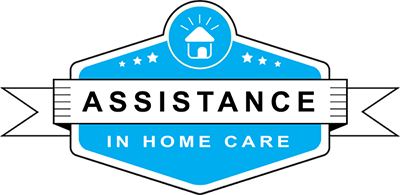National Hospice & Palliative Care Month
Programs That Combine the Highest Level of Quality Medical Care With Emotional and Spiritual Support

National Hospice & Palliative Care Month
Hospice and palliative care are important services that provide comfort and support to patients and their families. November isNational Hospice & Palliative Care Month, so we want to take this opportunity to raise awareness about these vital services. Hospice and palliative care programs provide pain management, symptom control, psychosocial support, and spiritual care to patients and their families when a cure is not possible. These programs combine the highest level of quality medical care with the emotional and spiritual support that families need most when facing a serious illness or the end of life.
What is hospice care?
Hospice care is a type of health care that focuses on the palliation of a terminally ill patient's symptoms. Hospice care is provided by a team of trained professionals who work together to provide physical, emotional, and spiritual support for the patient and their family.
What is palliative care?
Palliative care is a type of health care that focuses on providing relief from the symptoms and stress of a serious illness. Palliative care can be provided alongside curative treatment or as the sole focus of care when a cure is not possible. Like hospice care, palliative care is provided by a team of trained professionals who work together to provide physical, emotional, and spiritual support for the patient and their family.
How to Access Hospice and Palliative Care Services
If you or a loved one has been diagnosed with a serious illness, talk to your doctor about your options for hospice and palliative care. You can also contact a local hospice or palliative care program for more information. Most health insurance plans cover hospice services, including Medicare and Medicaid. Some private insurers also cover hospice services. If you have questions about coverage, please contact your insurance provider.
The Future of Hospice and Palliative Care Services
Hospice and palliative care offer many benefits for people with serious illnesses and their families. These services focus on the whole person – physical, social, emotional, and spiritual needs – and can be provided at any stage of a serious illness. If you or a loved one are facing a terminal illness, know that you are not alone. There are many resources available to help you through this difficult time.
National Hospice & Palliative Care Month is the perfect time to learn more about hospice and palliative care and how these services can help you and your family.
Resources
Resources
https://www.hrrv.org/blog/november-is-national-hospice-and-palliative-care-month/
Contact Assistance in Home Care Today
Count on Assistance in Home Care to take care of your loved ones. You can be confident in the level of dedication and expertise of our team. Our experienced caregivers know how to care for individuals with these types of diagnoses. We know that not every situation or home is the same and requires different solutions. Contact us today to find out about how our team can help you and serve your various needs.


